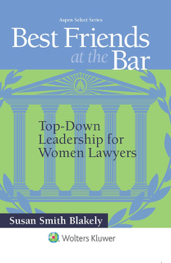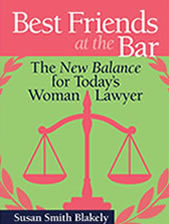Do you know that a woman could not get a personal loan or a credit card without permission from her husband, father or brother until just 50 years ago? Yes, those of you with mothers or aunts who became independent adults prior to 1974 were out of luck — in term of loans and credit at least.
And so it is that, on the 50th anniversary of the Equal Credit Opportunity Act (ECOA), US News provides an important history lesson for you. The article describes in some detail, complete with charts, the circumstances that existed in the days before 1974 when women’s financial decisions were completely controlled by men and institutions. It did not matter how much personal money a woman had accumulated from her own hard work or how much money she might have inherited from her family. All that mattered was that she was female and, as perceptions had it at the time, she was presumed to be inept at finances and, therefore, a bad credit risk.
The ECOA is of particular interest to me. As a second-year lawyer in 1980, my law firm assigned me work for Merrill Lynch on cases involving credit unions. In the course of that work, I was shocked to discover how close I had become to being denied access to personal credit. The topic of the ECOA intrigued me, and I wrote a law review article about it. That article, Credit Opportunity for Women: The ECOA and its Effects, Wisconsin Law Review, Volume 1981, Number 4, is an in-depth history of the ECOA, the constitutional basis for the law, and the regulations promulgated pursuant to the law.
The effort was substantial and also involved me delivering a paper on the subject before an audience of members of the DC Women’s Bar Association and students at my alma mater Georgetown Law. And all at the same time I was overwhelmed with billable hours! But it was worth it, and I was proud to have authored the very first law review article on the subject.
So, if you need a closer look at the mandates and mechanics of the ECOA, feel free to take a deep dive into that 1981 law review article. Or just be satisfied with the short course, compliments of the US News article.
Either way, it is worth knowing the history and how far women have come in the last 50 years in establishing their financial independence. And it will make clear why we cannot take any of these achievements for granted.













